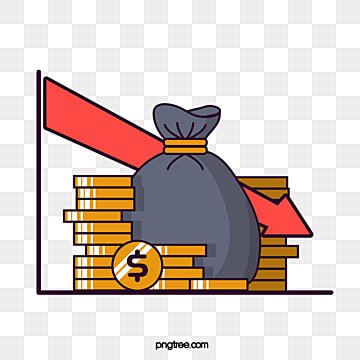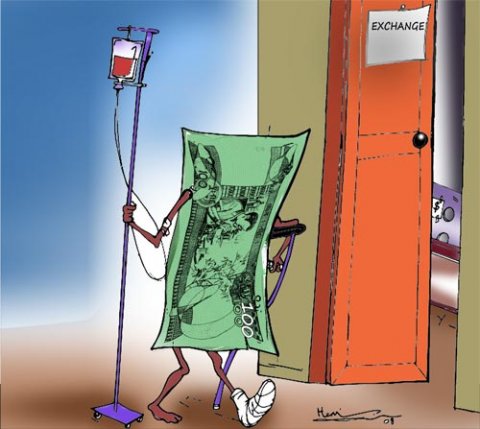By the end of 2019, the Lebanese were facing a grim situation no matter how they would look at it. On the political front, unrest was the new "ordre du jour". Economically, the country was agonizing and this impacted also society. Environmentally, the last quarter of the year had been terrible on green spaces and the beginning of 2020 brought on more issues to be dealt with, such as the Covid health circumstances. From the first lockdown of the country in March 2020 till the timid returning to work by the end of spring, the local currency, the Lebanese Pound (LBP), had lost more than 50% of its value against the US Dollar. And thus, against other major foreign currencies like the Euro.
The first major issue at hand is that the LBP had been pegged to the USD since the 1990s to stabilize it and curb its volatility after the 1975 civil war. The country adjusted, as the Lebanese mostly do, and the businesses dealt with dual currencies at the fixed rate of 1500 LBP to the USD. In most countries of the world, if not all, you use the local currency when buying or selling anything locally. In Lebanon, one had the "luxury" to deal with multiple currencies, sometimes the Euro, the British Pound (GBP) or the Swiss Franc (CHF) would be accepted as a way of cash payment. Needless to say, you could open a bank account in any of the major world currencies and that money would be accessible to you in cash should you need to withdraw it for a transaction. However, this whole bubble started bursting when the new cabinet formation was delayed again and again and the protestors demanded loud and clear that reforms to impede the gangrenous corruption of most state agencies. Less USD were flowing in and the trade balance started undergo major changes. Especially with banks not able to supply customers with enough cash in foreign currencies, mainly in USD.
And here comes our second major issue. Lebanon imports more than 80% of its consumed goods and relies heavily on them. One can understand the importation of cars for example, since Lebanon does not have a car industry. Importing brands was also a local "pride". How many times would you hear someone say: name any brand, no matter how exclusive, and it would certainly have a local distributor. Lebanese have always been merchants and open to other cultures and ways of life. This obviously requires that they can consume the same products and services as any ordinary citizen of Paris, New York or Tokyo. However, when it reaches the level of importing fruits and vegetables that can be grown locally? And sometimes at a lower price than the local production? There you can see that something was not right. And with the flagrant currency issues at hand, certain brands were not imported anymore. By the summer of 2020, some items were not to be found on the local market anymore. And how would that be even possible when banks wouldn't let one access the money on the accounts, first in foreign currencies and then also in LBP.



